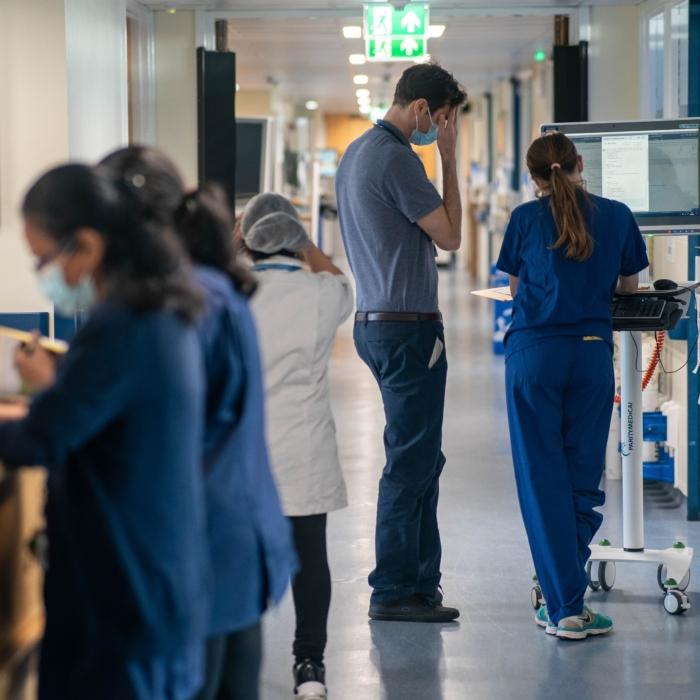The home secretary has ordered a “rapid review” into a graduate jobs pathway for overseas students for potential “visa exploitation” and whether it is “undermining the integrity and quality” of the university system.
The Graduate route allows overseas students with valid leave under the Student route to stay in the UK after graduation for two years (three years for doctorate students) unsponsored, without needing to provide evidence of a job offer or the financial ability to support themselves, or earning a particular salary.
Fewer Than Quarter in Graduate-Level Jobs
Mr. Cleverly said the scheme had been established in July 2021 to “attract and retain bright international students” to contribute to the British economy, resulting in 175,872 visas being granted.The home secretary said he, the prime minister, and others in the government “want to ensure the Graduate route is not being abused. In particular, that some of the demand for study visas is not being driven more by a desire for immigration rather than education.”
Citing data on salaries for those on the Graduate route, the minister noted that fewer than a quarter (23 percent) of those who switched to the Skilled Worker route had gone into graduate-level jobs in 2023. Fewer than a third (32 percent) earned a salary above £26,200, the minimum for a Skilled Worker Visa. Just 16 percent earned over £30,000.
This means that the “vast majority of those completing the Graduate route go into work earning less than the median wage of other graduates.”
Some of those on the Graduate scheme can then access the discount salary threshold offered by the Skilled Worker Visa route, which allows those to work and stay in the country earning less than the threshold under certain conditions, such as if the role is in a shortage occupation.
Rise in Overseas Students Studying at Lower Tariff Universities
The minister also quoted data from the MAC’s 2023 annual report that the proportion of overseas students studying at “lower tariff institutions”—universities requiring lower entry qualifications—had risen to 32 percent in the academic year 2021–2022.The number of postgraduate students attending institutions in the lowest tariff quartiles had increased by over 250 percent between 2018 and 2022.
“We are keen to understand the drivers behind this, including whether it is because people are using these courses as a long-term route to work in the UK,” Mr. Cleverly said.
Student Migration Reached ‘All-Time High’ in 2022
In his correspondence with Professor Brian Bell, chairman of the MAC, Mr. Cleverly asked for a response by May 14, saying the government would consider the MAC’s analysis “with a view to implementing any changes in due course.”Universities UK (UUK), an advocacy group for higher education institutions in the UK, said while it welcomed the opportunity to engage with the MAC “to make a robust, evidence-based case on the value of the current system,” it said it was “concerned by the accelerated timetable.”
Director of UUK International Jamie Arrowsmith said in a statement: “The government should give the MAC the time it needs to properly review the Graduate visa, allowing the committee to consider the full range of evidence and engage in meaningful consultation, rather than asking them to rush their response.
“It is also important to recognise that the purpose of the Graduate route is not primarily to address UK labour market shortages, but to enhance the competitiveness of the UK as a study destination. Post-study work matters for many international students, allowing those who have invested in our country the opportunity to find work and contribute to the UK economy.”







